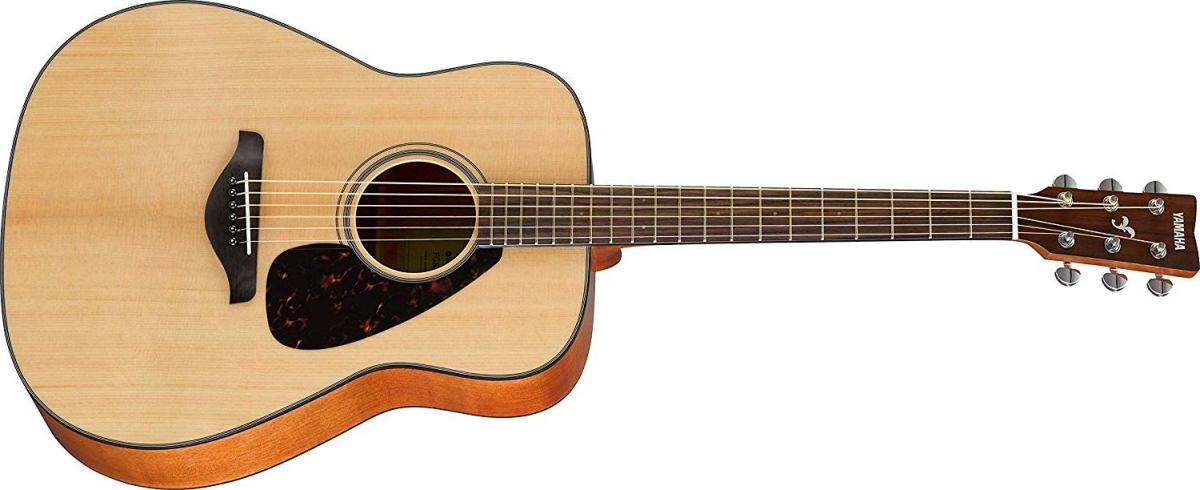Embarking on a musical journey begins with finding the ideal instrument that ignites your passion and nurtures your skills. For aspiring guitarists, an acoustic guitar stands as a timeless and versatile companion, providing a foundation for countless genres and styles. As a beginner, selecting the perfect acoustic guitar is paramount to unlocking your musical potential and maximizing your learning experience. This comprehensive guide will unveil the essential qualities to consider when choosing your first acoustic guitar, empowering you with the knowledge to make an informed decision.

Image: www.bhutanpackages.com
Understanding the Nature of Acoustic Guitars
Acoustic guitars, unlike their electric counterparts, produce sound naturally through the vibration of their soundboard and the resonance of their body. This unique characteristic endows them with a warm, organic tone that captivates listeners. Whether sitting around a campfire or performing on stage, the acoustic guitar’s versatile charm complements various settings.
Key Factors to Consider for Beginners
1. Body Size and Shape:
Acoustic guitars come in diverse body sizes and shapes, each imparting a distinct tonal quality. Dreadnought guitars, with their large bodies, produce a bold, resonant sound ideal for strumming and rhythm playing. Concert guitars, known for their smaller size, offer a balanced tone with enhanced clarity, making them suitable for fingerpicking and melodies. Grand Auditorium guitars find balance between the two, providing a versatile tone for various playing styles.

Image: spinditty.com
Good Beginner Acoustic Guitar
2. Wood Choice:
The type of wood used in constructing the guitar’s body, neck, and soundboard significantly influences its sound and playing experience. Spruce, a common choice for soundboards, delivers a bright, articulate tone, while mahogany imparts a warmer, more mellow sound. Rosewood frequently used for fingerboards, provides a smooth, comfortable playing surface.
3. String Type:
Acoustic guitars typically use steel or nylon strings. Steel strings produce a brighter, louder sound, while nylon strings offer a softer, gentler tone. For beginners, nylon strings are often preferred due to their lower tension, making them easier on the fingers.
4. Playability:
The guitar’s playability refers to its comfort and ease of use. A guitar with a low action, meaning the strings are closer to the fretboard, allows for smoother fretting. A narrow neck width can also enhance playability, particularly for players with smaller hands.
5. Electronics:
While not necessary for beginners, some acoustic guitars feature built-in electronics, such as pickups and preamps, which allow them to be amplified. This can be beneficial if you plan on playing in larger settings or recording your music.